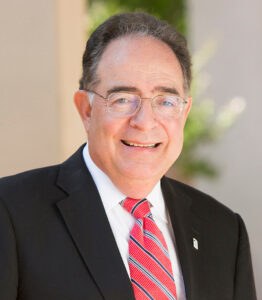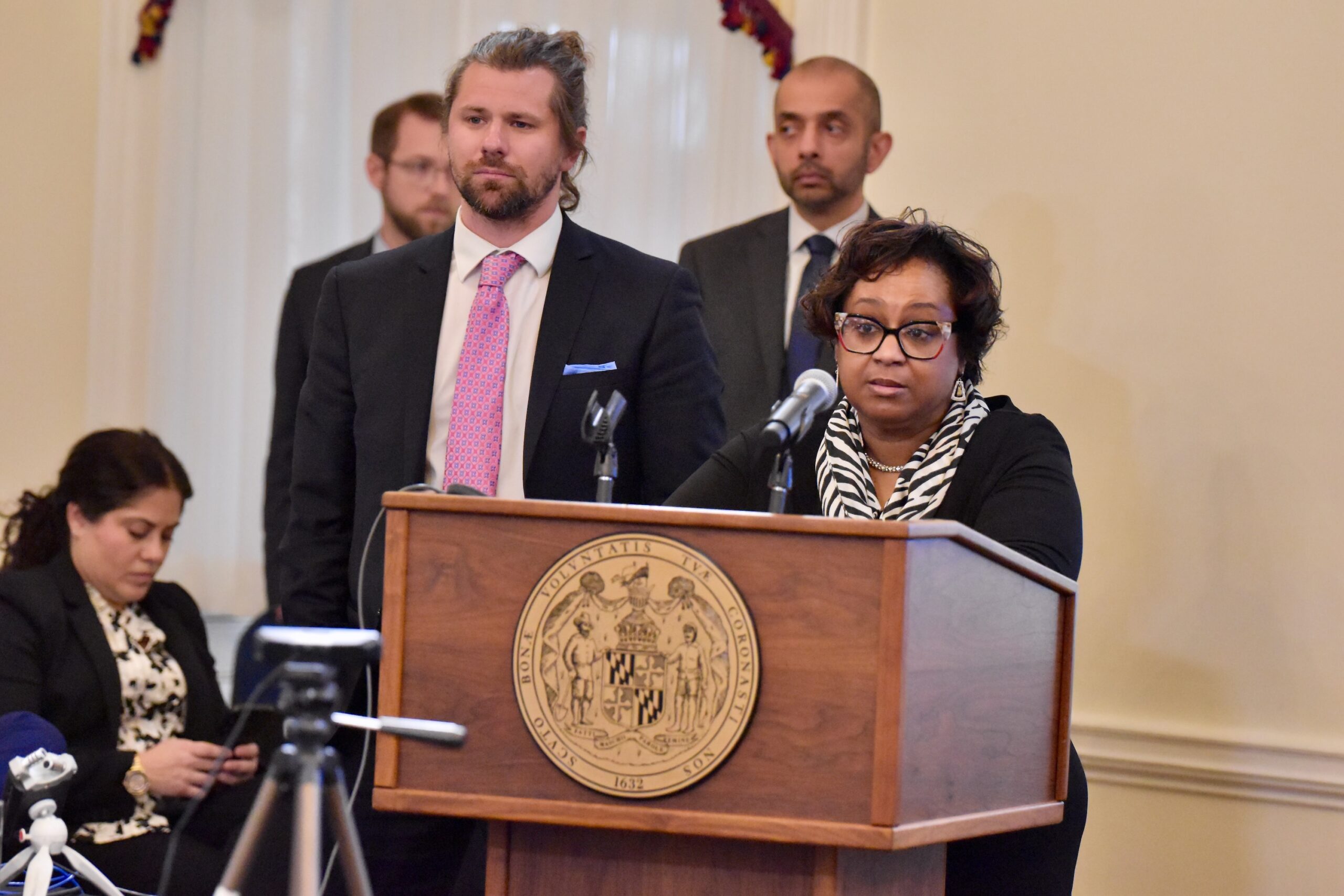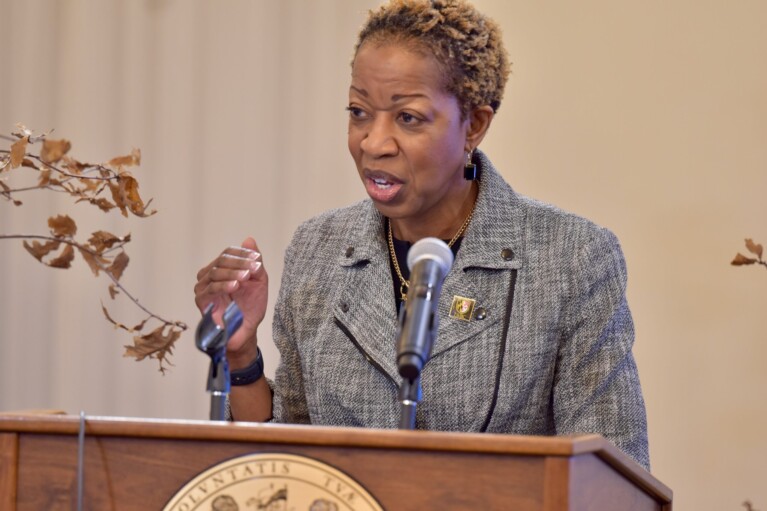USM Chancellor: Why Higher Education Matters More Than Ever This Commencement Season
Students across the University System of Maryland are graduating. But there are no auditoriums and arenas packed with people, cheering and taking photos as their children, grandchildren, spouses, parents and friends cross the stage. There is no stage. But there are virtual ceremonies online, produced with as much fanfare as our universities can create.
This isn’t the way graduates wanted to celebrate their enormous accomplishment. It isn’t how our universities wanted to celebrate their graduates. But COVID-19 has subordinated what we want to do in service of what we need to do — for the safety of our students, faculty, staff and neighbors.
As U.S. universities must now confront whether to return to campus this fall — as students must now decide whether to come back at all — it’s fitting that we reflect on why the college experience, why higher education itself, matters. Maybe now more than ever.
From the earliest days of this pandemic, America’s universities have been on the front lines of the nation’s response — developing and testing vaccines, innovating medical protocols, fabricating protective equipment, tracking and predicting disease spread, and engineering solutions that inhibit transmission and improve treatment. I convened the USM COVID Research and Innovation Task Force to advance this work in Maryland and enable collaborations — among our universities and regional centers, and with our business and industry partners — that accelerate how quickly we can get our solutions into the marketplace and into patient care.
But there is a tendency to quantify university contributions to the nation’s COVID response in these terms alone: research and development, patient care, technology commercialization.

University System of Maryland Chancellor Jay A. Perman
The fact is, this crisis, as manifested in America, is about more than disease; it’s about disease burden, and how that burden is borne disproportionately by vulnerable populations and racial minorities.
As of this writing, Hispanic Marylanders account for nearly 22% of the state’s COVID cases but make up only 10% of our population. African-American Marylanders represent more than 40% of our COVID deaths, but not even 30% of the state’s residents.
Sadly, race- and income-based disparities in disease prevalence and death aren’t unusual. The environments in which we live, learn and work have everything to do with our health. People without access to high-quality schools, safe homes and workplaces, nourishing food, clean air and water, and social supports and connections are sicker and die younger than those in resource-rich communities.
On top of that, systemic inequities in public policy and health care — for instance, inadequate access to primary care among poor and minority residents — exacerbates the underlying conditions that make people particularly susceptible to disease. COVID-19 is especially treacherous for people in poverty because they are the very ones who can’t socially distance and who have to stay on the job even when their jobs become dangerous.
But here’s where higher education comes in.
Every year, the University System of Maryland graduates tens of thousands of students who deal directly in fixing the problems that keep certain populations and certain communities vulnerable — not just students of biology and health, but students of law, education, public policy, social work, business, engineering, environmental science, agriculture, transportation, community planning and more. These graduates will begin doing the work that improves human health and well-being; that advances equity, opportunity and justice; and that solves the crises that level the most pain on the people who can least afford it.
I know that our returning students might be disappointed by a fall semester that’s likely to look far different than what they imagined. I know the USM’s brand-new graduates deserved arenas of cheering families. But I know, too, that there is a bigger picture, that higher education is central to solving the greatest challenges of our age.
And I know that our USM graduates — nearly 42,000 of them — offer our best hope for making the Maryland we all deserve.
Congratulations to the class of 2020.
— JAY A. PERMAN
The writer is the chancellor of the University System of Maryland.




 Creative Commons Attribution
Creative Commons Attribution